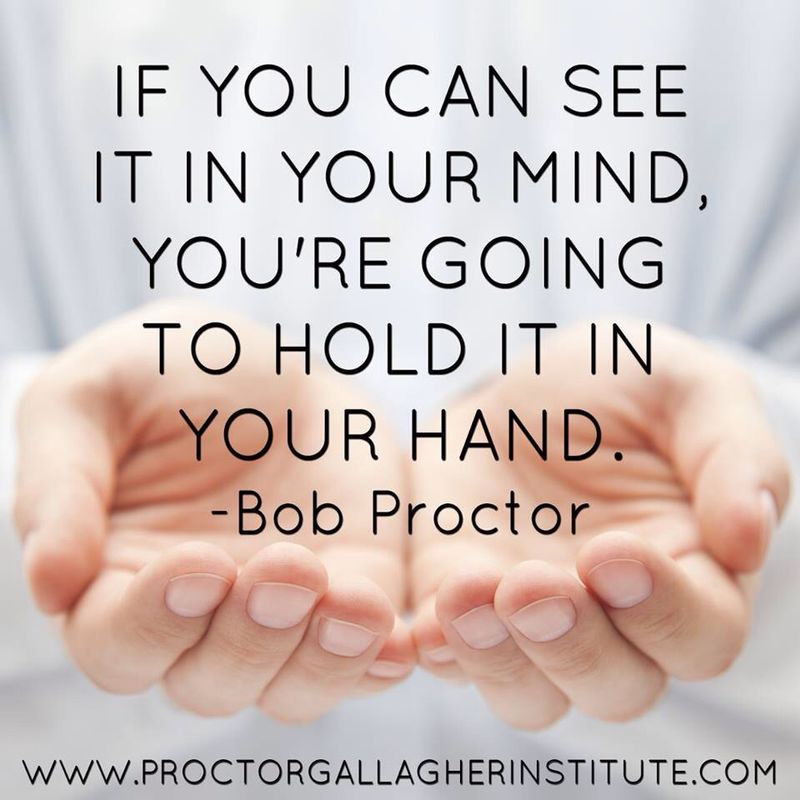Imagination is the first step towards creating your new reality !
The ability to imagine things pervades our entire existence. It influences everything we do, think about and create. It leads to elaborate theories, dreams and inventions in any profession from the realms of academia to engineering and the arts.
The definition of imagination is the ability to come up with mental images of something that is not real or to come up with new and creative ideas. When a child is playing house and creates a pretend story, this is an example of a child using his imagination.
As per mentor – Bob Proctor his powerful quote actually means “Creation begins in the mind before it becomes physical.”
Everybody has the ability to imagine, but imagination becomes powerful when you turn it into “manifestation”. Every material thing that was created by humans was first imagined.
To imagine that which does not exist in your reality requires Discipline , Determination , Dedication and Belief & Faith. Learn to become a powerful manifestor or generator of positive outcomes in your life .
We are all creators of our destiny but very few people understand the power of imagination to create powerful experiences for themselves.




Recent Comments